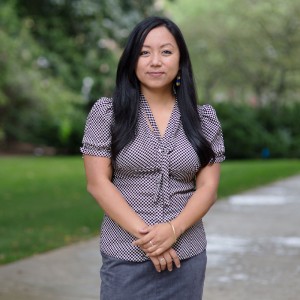Local, community-based responses to climate-displacement in the Philippines
The project aims to understand how local communities participate in responses to climate-related displacement in the Philippines, within the context of national policy. As site of study, the Philippines is a country most impacted by displacement and environmental disaster, according to the United Nations. Partnered with the Commission on Human Rights - Philippines, this study examines implementation of the country’s environmental policy and programming, focusing on the role of clan-based, community-based units at the most local levels, termed barangays. The national policy incorporates barangays into the policy framework, thus raising questions about on the ground practice, in terms of power dynamics, institutional relations amongst actors and incorporation (or lack) of local/indigenous knowledges. Using focused ethnography approach and working with local partners, this study seeks insights about ‘ways of doing and knowing’ of barangays and community based groups, vis-a-vis western and professionalized models of response. The site of study is Manila Bay, identified by environmental scientists as a vulnerable site for flooding and displacement within the next thirty years, due to sea level rise and climate change. Specifically, this study aims to identify specific mechanisms that facilitate as well as challenge participatory models of response to displacement. Such bottom-up perspectives from local communities and from the Global South are too often missing, and this study thus aims to contribute to filling this gap. In anticipation of heightened global displacement and migrations related to climate change in coming years, knowledge about on-the-ground practice is critical to be able to develop policies that are not only effective, but also sustainable, empowering and participatory.
